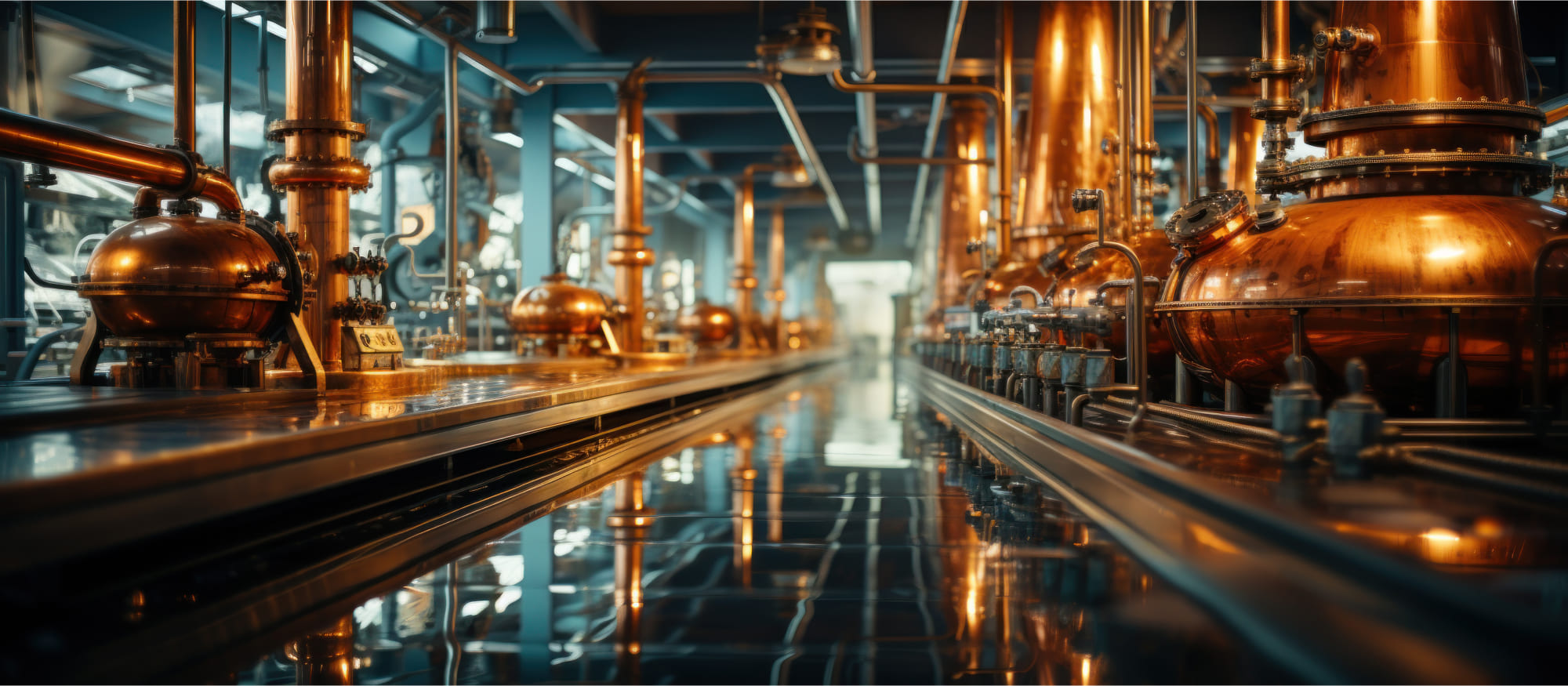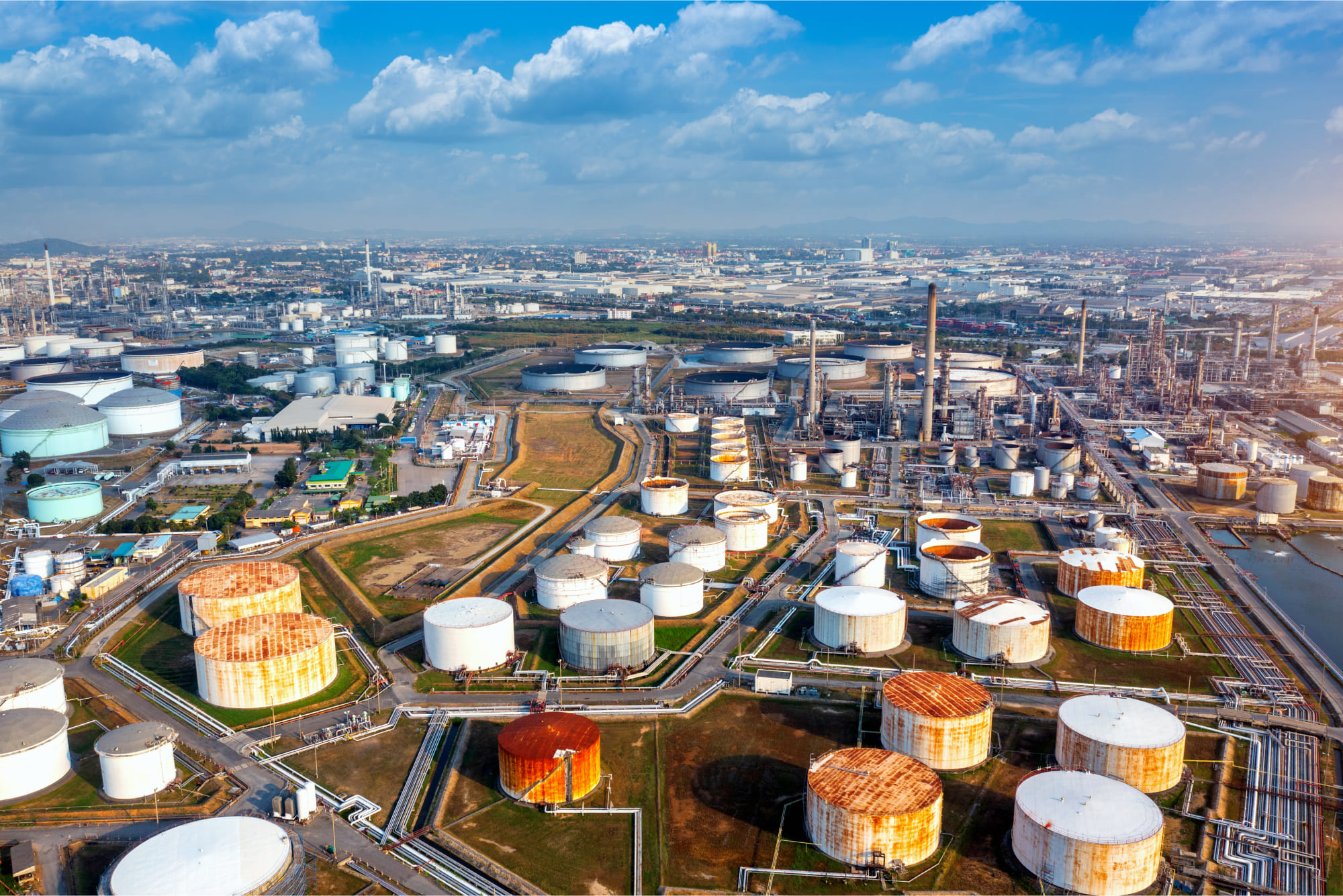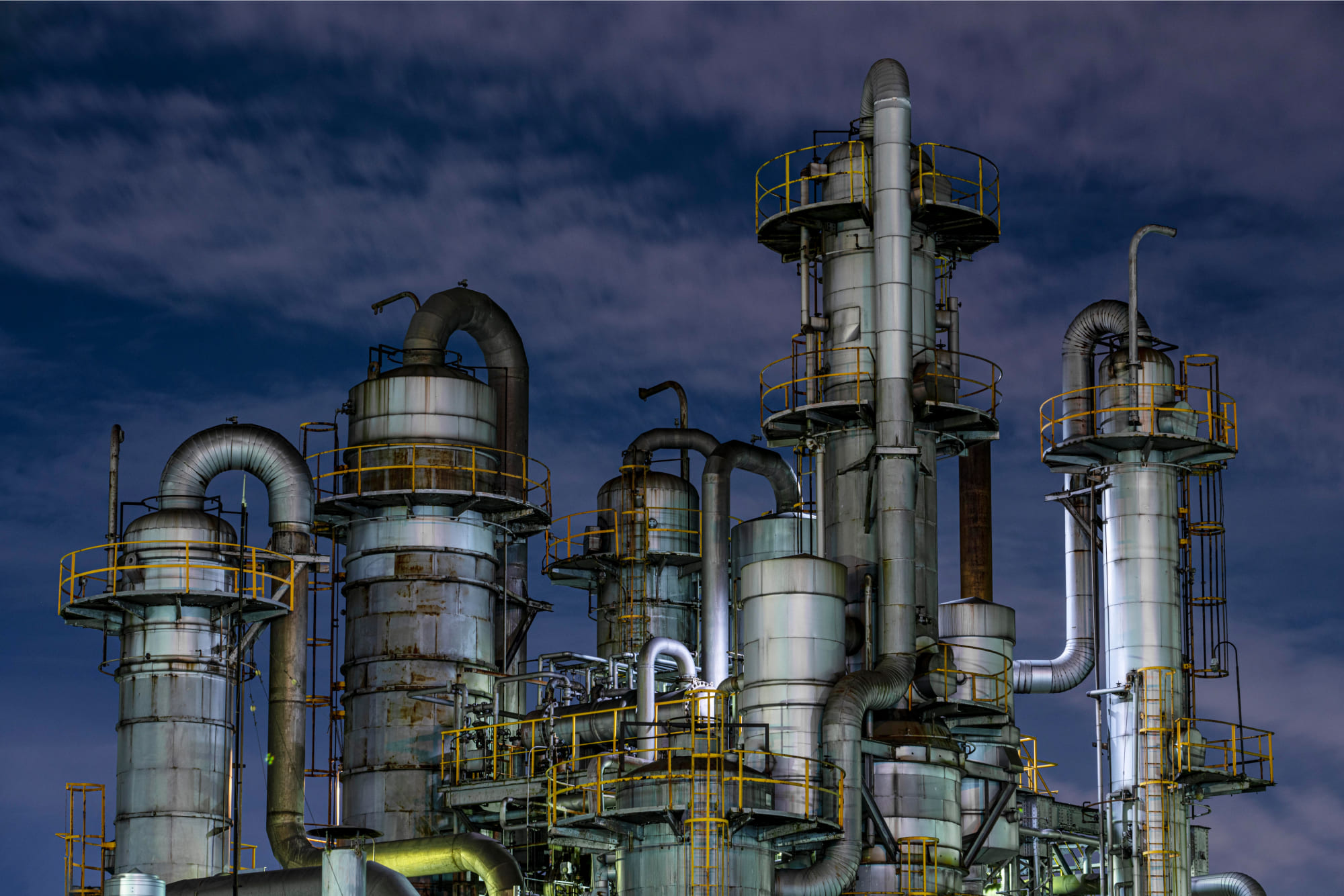Oil Testing
oil and gas industry, oil testing plays a crucial role in maintaining product quality and compliance with safety and environmental standards. From refining to distribution, the process of oil testing involves several key components:
-
Sampling and Collection
The first step involves the careful sampling and collection of oil from different stages of the production process. Samples are representative of the entire batch, ensuring accurate analysis.
-
Physical Properties Testing
Determining key physical properties such as viscosity, density, and color provides insights into the oil's characteristics. These properties impact the oil's performance in various applications.
-
Chemical Composition Analysis
Testing for the chemical composition involves identifying and quantifying specific compounds present in the oil. This analysis ensures adherence to regulatory limits and helps assess product quality.
-
Contaminant Detection
Rigorous testing is conducted to identify and quantify contaminants, including impurities, metals, and water. Detection of contaminants is crucial for ensuring product safety and compliance.
-
Stability and Shelf Life Testing
Assessing the stability and shelf life of the oil product under various conditions is vital. This testing helps determine storage requirements and expiration dates.
-
Microbiological Testing
Microbiological testing is conducted to identify and quantify microorganisms present in the oil. This is essential for preventing microbial contamination and ensuring product safety.
-
Compliance with Regulatory Standards
Oil testing is designed to meet and exceed regulatory requirements set by authorities such as environmental agencies and safety organizations. Adherence to standards is crucial for product approval and market access.
-
Quality Control in Distribution
Continuous monitoring of the oil quality throughout the distribution process is essential. Quality control measures help prevent degradation and maintain product integrity until it reaches the end consumer.
Benefits of Oil Testing
-
Quality Assurance
Oil testing ensures that the final product meets predefined quality standards, guaranteeing its effectiveness and safety.
-
Compliance and Regulatory Approval
Rigorous testing helps oil and gas companies adhere to regulatory standards, ensuring compliance and facilitating product approvals.
-
Risk Mitigation
Identification of contaminants and potential issues during testing allows for proactive measures, reducing the risk of product recalls and associated costs.
-
Consumer Safety
Thorough testing contributes to the production of safe and reliable oil products, safeguarding consumer health and satisfaction.
-
Operational Efficiency
Streamlining testing processes enhances operational efficiency, reducing the likelihood of manufacturing delays and associated expenses.
Pharmaceutical raw material testing is a critical phase in the pharmaceutical manufacturing process, playing a pivotal role in guaranteeing the safety, efficacy, and quality of the final drug
Read MoreWater testing is a crucial process aimed at assessing the quality and safety of water for various purposes, including drinking, recreational activities, industrial use, and environmental
Read MoreMedical device testing is a thorough process conducted to verify the safety, reliability, and regulatory compliance of medical devices. It involves assessing the performance, usability
Read MoreCosmetic testing is a comprehensive process that involves various laboratory analyses to assess the safety, quality, and sensory attributes of cosmetic products. These analyses encompass
Read MoreHerbal products, derived from plant sources, are subject to rigorous testing to ensure their safety, quality, and compliance with regulations. Testing focuses on various aspects, with a key emphasis
Read MoreEnvironmental testing is a comprehensive process designed to assess how a sample, be it a product or material, responds to various stressors and conditions that it might encounter during its
Read MoreFood Testing Is A Crucial Component Of The Food Industry, Aimed At Verifying The Safety, Quality, And Compliance Of Food Products With Established Standards And Regulations. It
Read MoreElectrical testing refers to a series of evaluations and assessments conducted on electrical components, systems, and devices to ensure their safety, reliability, and performance. These tests are designed to verify compliance with industry standards, regulatory requirements, and specific performance criteria.
Read MoreMechanical Testing In various industries, Mechanical testing plays a pivotal role in ensuring the quality and reliability of materials and products. From manufacturing to construction, Mechanical testing encompasses several essential components
Read MoreBuilding material testing is crucial for ensuring the quality, safety, and compliance of construction materials used in various building projects. Similar to oil testing, building material testing involves several key components
Read More






